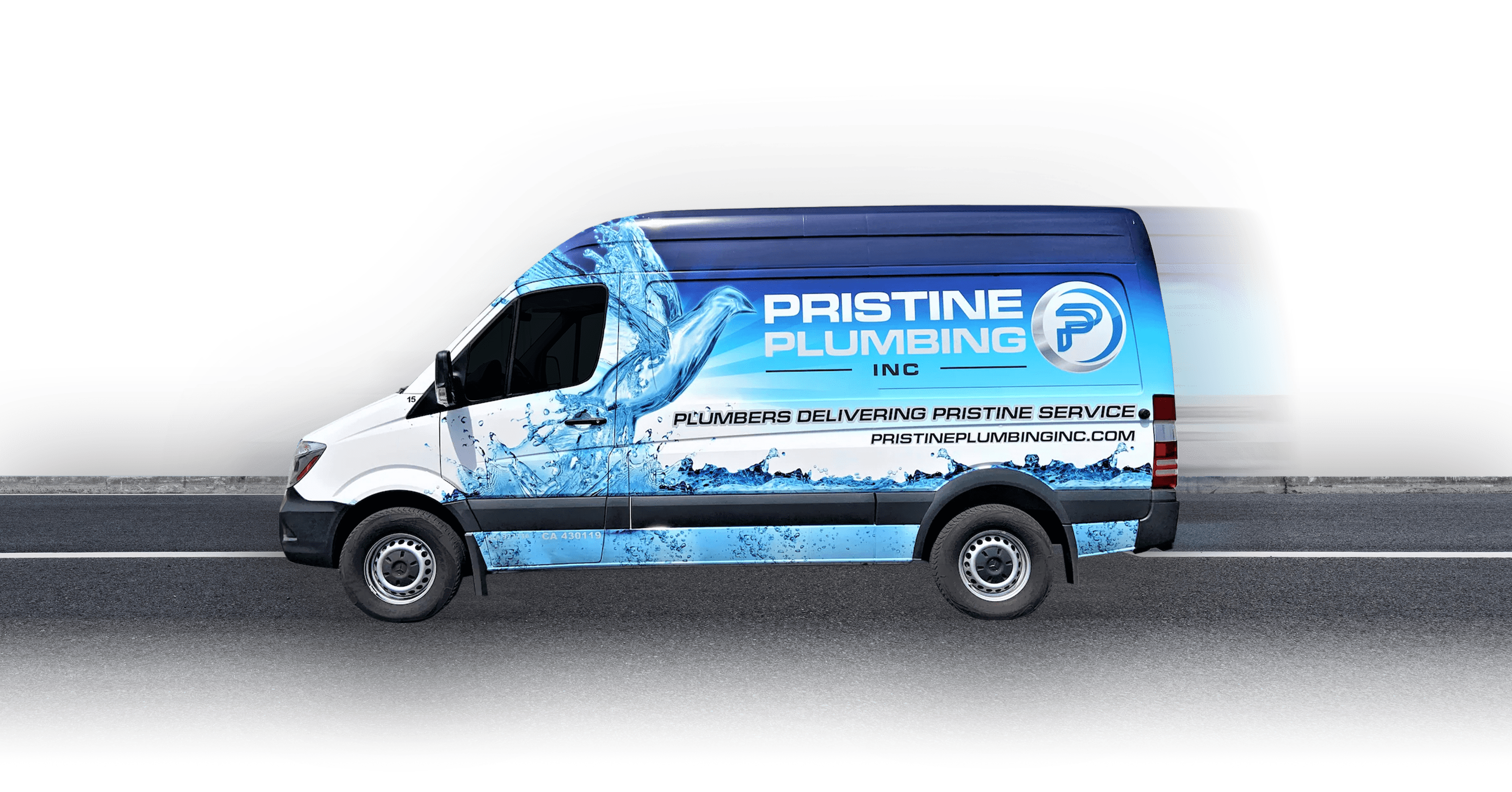Have you ever wondered how long water heaters last before they start causing trouble? Imagine stepping into the shower, expecting soothing warmth, only to be shocked by an icy stream. It’s a clear sign your water heater might be reaching the end of its lifespan.
Knowing how long these essential appliances typically last and recognizing early warning signs can prevent unexpected cold showers and costly repairs. Here’s everything you need to keep your water heater running smoothly and decide when it’s time for a replacement.
How Long Do Tank and Tankless Water Heaters Last?
Tank and tankless water heaters serve the same purpose but differ significantly in design and longevity.
- Tank Water Heaters are the most common. They heat and store 30–50 gallons of water. Depending on usage and maintenance, they typically last 8–12 years.
- Tankless Water Heaters heat water on demand, eliminating the need for a storage tank. Thanks to their advanced technology and fewer corrosion-prone components, they often last 20 years or more.
While tank water heaters are more affordable upfront, their shorter lifespans might make replacements more frequent. On the other hand, tankless models save energy and offer more extended durability, making them a wise investment over time.
When to Replace Your Water Heater
Replacing your water heater at the right time is key to avoiding costly repairs or water damage. Waiting too long can lead to leaks, increased utility bills, or a complete failure when you least expect it.
Here’s the typical lifespan of water heaters:
- Tank Water Heaters: Usually last 8–12 years.
- Tankless Water Heaters: Built to last over 20 years.
Water quality, maintenance routines, and household usage patterns can influence these numbers. If your unit is older than its expected lifespan or you’re noticing performance issues, it might be time to consider a replacement.
Water Heater Lifespan and Replacement Signs
Even the best water heaters give off warning signs before failure. Spotting these early can save you money and frustration:
- Rust-Colored Water: If your hot water starts looking rusty, it could mean the inside of your tank is corroding.
- Rumbling or Banging Noises: Sediment buildup in the tank can cause these sounds and damage your unit over time.
- Inconsistent Water Temperature: If the water temperature swings wildly, your thermostat or heating element might be failing.
- Water Heater Age and Maintenance: Regular maintenance, such as flushing the tank and inspecting the anode rod, can help extend the life of your system. However, if repairs are frequent and your heater is nearing the end of its lifespan, replacing it is the smartest choice.
- Visible Leaks: Any pooling water around your heater is a clear sign of internal failure.
- Higher Energy Bills: A less efficient water heater uses more energy, which increases utility costs.
- Low Water Pressure: Sediment can clog pipes and restrict flow, making your water pressure drop.
If you notice any of these issues, consult a professional plumber immediately. Schedule an inspection to determine whether repair or replacement is the best action. Contact us for expert advice.
Prolong the Average Life of Water Heaters and Replacement Tips
Taking care of your water heater is one of the easiest ways to avoid unexpected breakdowns and stretch its lifespan. Preventive maintenance can go a long way, keeping your system running efficiently and saving you money on energy bills. Eventually, though, every water heater reaches the point where replacement is the best option. Check out our water heater maintenance checklist.
Here are some simple steps to keep your water heater in top shape:
- Flush the Tank Regularly: Over time, sediment builds up inside the tank, leading to corrosion and reduced efficiency. Flushing the tank once a year helps remove this buildup. Follow the manufacturer’s guidelines or hire a professional for peace of mind.
- Temperature Control: Set the thermostat to 120°F (49°C) to prevent overheating, reduce wear on the unit, and ensure safe water temperatures.
- Insulate the Tank and Pipes: Insulation helps prevent heat loss and improves efficiency, especially in colder months. It’s a simple upgrade that saves energy and keeps water hot longer.
- Replace the Anode Rod: The anode rod is crucial to your water heater’s defense against corrosion. Check it every 1–2 years and replace it if it’s heavily worn.
- Maintain Proper Venting and Clearance: Ensure nothing is blocking the vents or airflow around your heater. Good ventilation prevents overheating and keeps the system safe.
- Schedule Annual Inspections: Have a professional inspect your water heater once a year. They can catch minor problems before they escalate, saving you from costly repairs or replacements.
Get Energy Efficient Water Heater Replacement with 100% Satisfaction
When it’s time for a replacement, Pristine Plumbing has your back. Our expert team specializes in tank and tankless water heaters, using reliable brands to ensure durability and performance. We prioritize your needs and strive for excellence in every job, all at affordable rates. We offer expert water heater services to keep your system running smoothly.
With our professional installation services, you can experience lower energy bills, better performance, and a longer-lasting water heater. Schedule an appointment today to enjoy hassle-free solutions tailored to your home.
